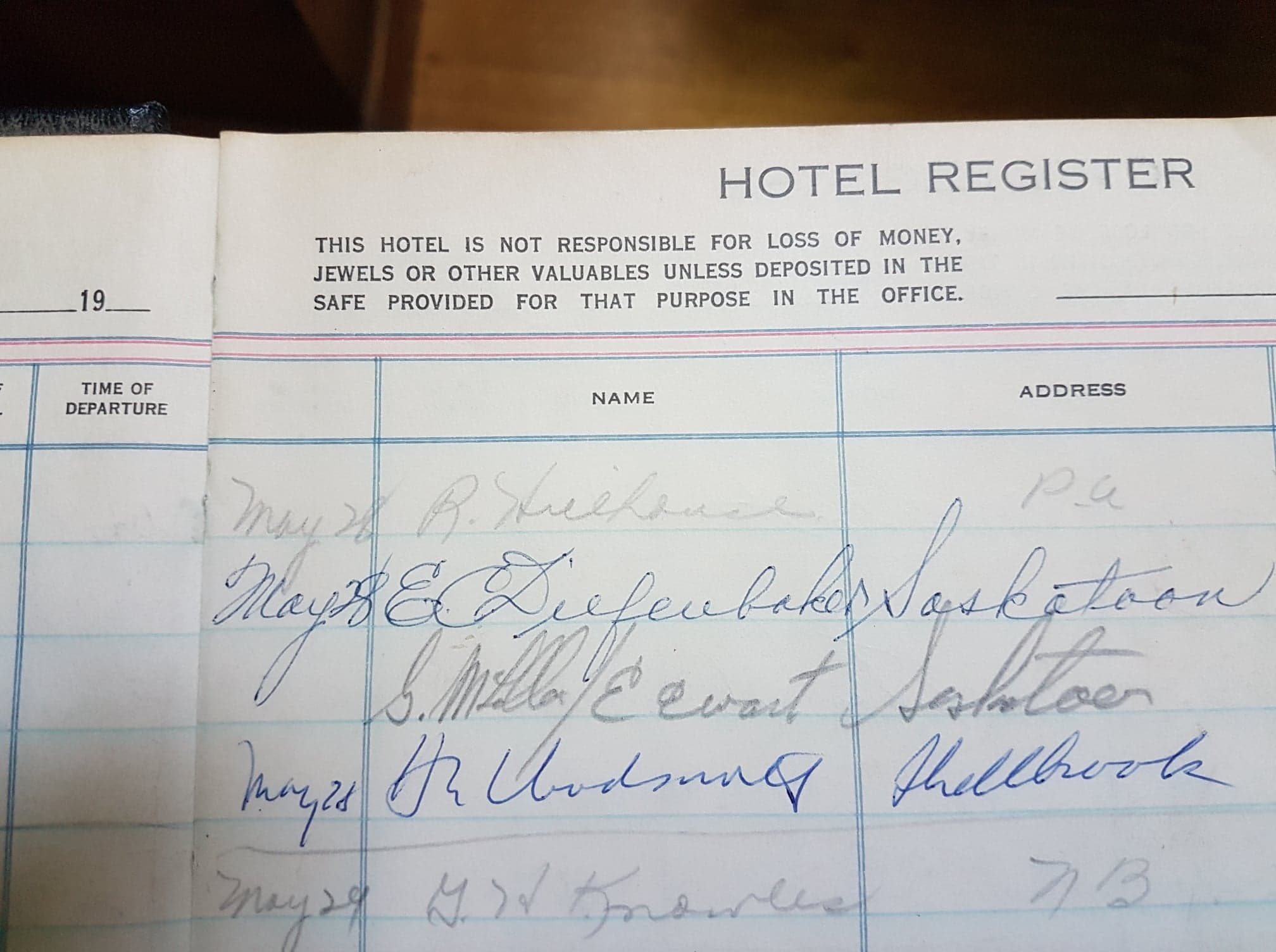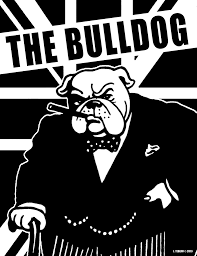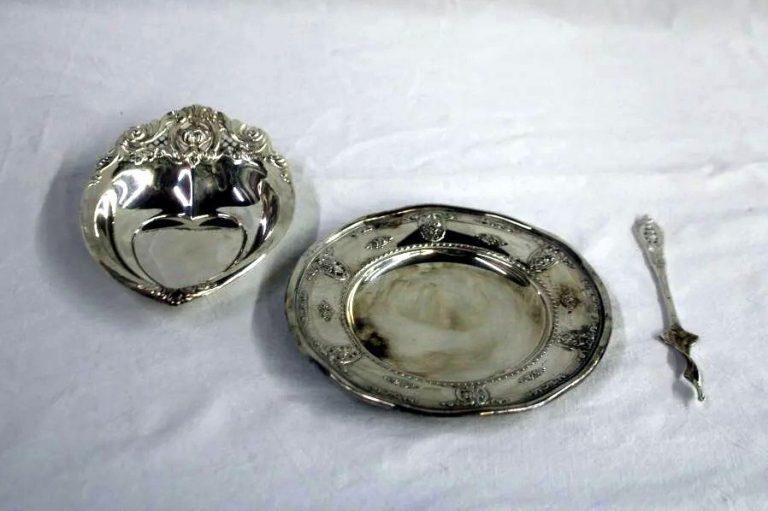Finding history: E. Diefenbaker was here!
A great part of being an appraiser with an interest in antiques is having one foot in the present and the other foot in the past. Being aware of Canada’s history helps ensure that certain names leap out when I least expect it.
That was the case when I came upon an anonymous hotel register at a friend’s antique store and began leafing through it. Most of the entries are written in pencil, clearly by hotel staff; relatively few entries are written in ink. So, when I saw a very familiar surname writ in ink with a large confident hand, it was impossible to overlook.
On May 28, 1963, somewhere in a small hotel in Saskatchewan, one E. Diefenbaker signed in and listed Saskatoon as their address. I thought this bold signature it might be the handiwork of whoever was manning the front desk at the time, but though I’m not a handwriting expert, I don’t see that hand anywhere else in the ledger.
For most Canadians, the name Diefenbaker conjures up John G. Diefenbaker, Canada’s Prime Minister during the Cold War years of 1957-1963. Diefenbaker grew up in Saskatchewan, and his staunchest supporter was his brother Elmer. Best friends as well as brothers, Elmer was essentially John’s right-hand man.
I contacted the Diefenbaker Canada Centre, located in Saskatoon, who in turn have forwarded the above image on to the USask Archives. If the signature can be authenticated, Canadian political history buffs or possibly museums might be interested in the register. For all I know the ledger is riddled with the names of regional bigwigs from that era.
The ledger begins in April 17, 1963; December 22, 1971 is the last entry in the ledger.
The Diefenbaker name isn’t the only one signed in ink. There are no room numbers higher than 8, so it seems probable that this was a very small hotel or motel.
It’s a shame that there isn’t the faintest inkling as to the hotel/motel’s name, which was probably inscribed on a flyleaf inside. The ledger itself is a generic Brownline, missing 20-some of its original 100 pages. Going by the several sheets of looseleaf paper paper-clipped into the back and used to check in guests, as opposed to a new register being started, this business might have closed in early 1972.
So few clues, but potentially worth so much in terms of historical significance, all bound up in an innocent-looking hotel ledger. Stay tuned for an update!






